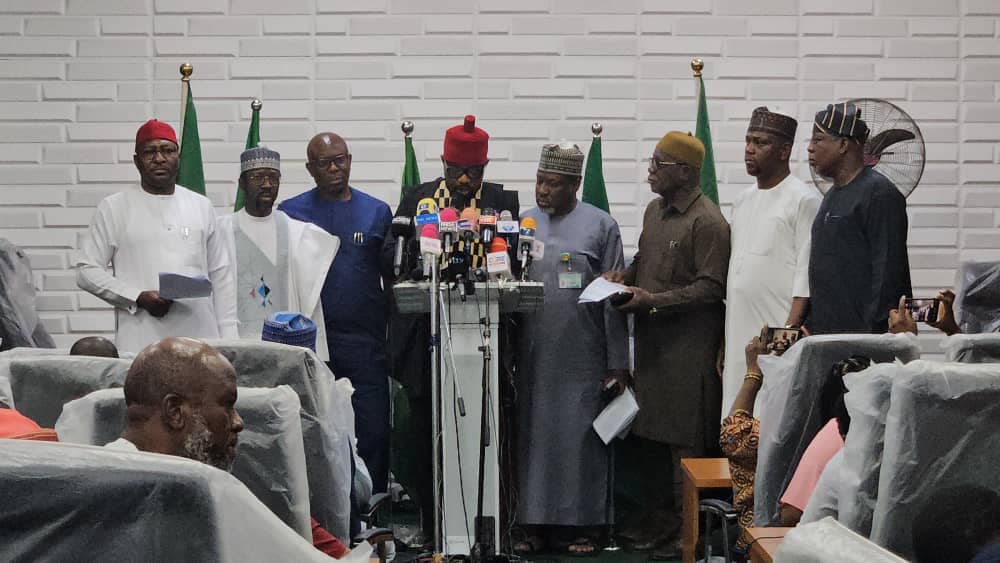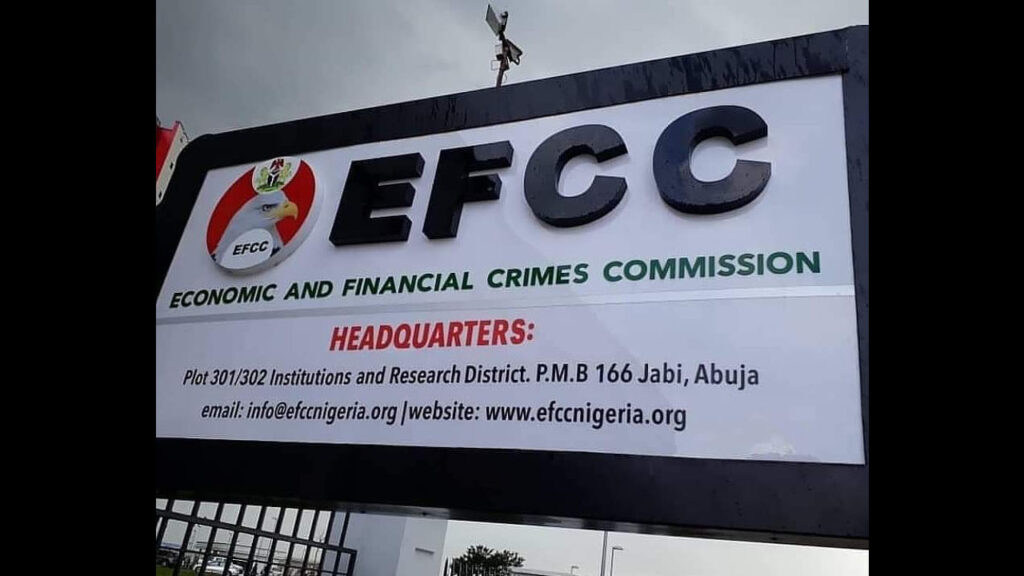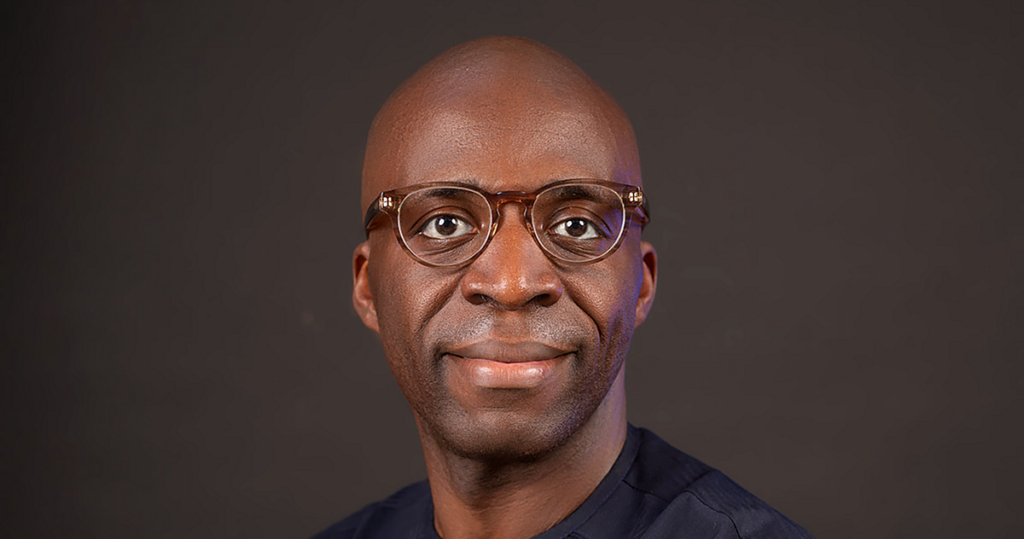Founder of Afe Babalola University, Ado Ekiti (ABUAD), Chief Afe Babalola (SAN), has warned that underfunding may spell doom for the education sector if not addressed.
The legal icon, who noted that budgetary allocations have not been good, said that under former President Olusegun Obasanjo, it was increased to 12 per cent, but regrettably, the vote for the sector under the current administration has reduced geometrically.
Babalola spoke in Ado Ekiti, yesterday, while playing host simultaneously to leaders of Bursars’ Association of Polytechnics and Colleges of Technology (BURSCON) and Federal Government Gas Expansion Committee, who visited ABUAD.
Addressing the gathering of professionals, administrators and academics, he said: “The problem we have today is decay in quality of education in this country. That was why, after turning down ministerial appointments thrice, I agreed to go to University of Lagos as pro- chancellor and chairman of the governing council where I had an insight into what was happening to our education system.
“Government is not doing enough to fund education. UNESCO directed governments to set aside 26 per cent to fund education, but what have they done? During the Western region, Chief Obafemi Awolowo set aside 22 per cent , military came and reduced it to nothing. Chief Olusegun Obasanjo in 1999 budgeted 12 per cent and now it is just six per cent.
“At times, they would close down the schools under the guise of strike for almost a year. This is criminal. I want to be an example, a leader in transformation of education and that was why I established ABUAD.
“Added to the foregoing was also our leaders who are very selfish. There are many Nigerians who could buy me, who are expected to set up a university like this to give functional education to Nigerians at affordable fees, but they never did”.
Babalola described the position of bursar in any institution as strategic, urging the financial administrators to commit themselves to transparency in the management of finances in their institutions.
On the issue of oil and gas in relation to Nigeria’s economy, the respected jurist, said the country had more gas resources than petrol that could be turned into wealth. He expressed regret that such enormous opportunities are being squandered due to the country’s wasteful dispositions.











